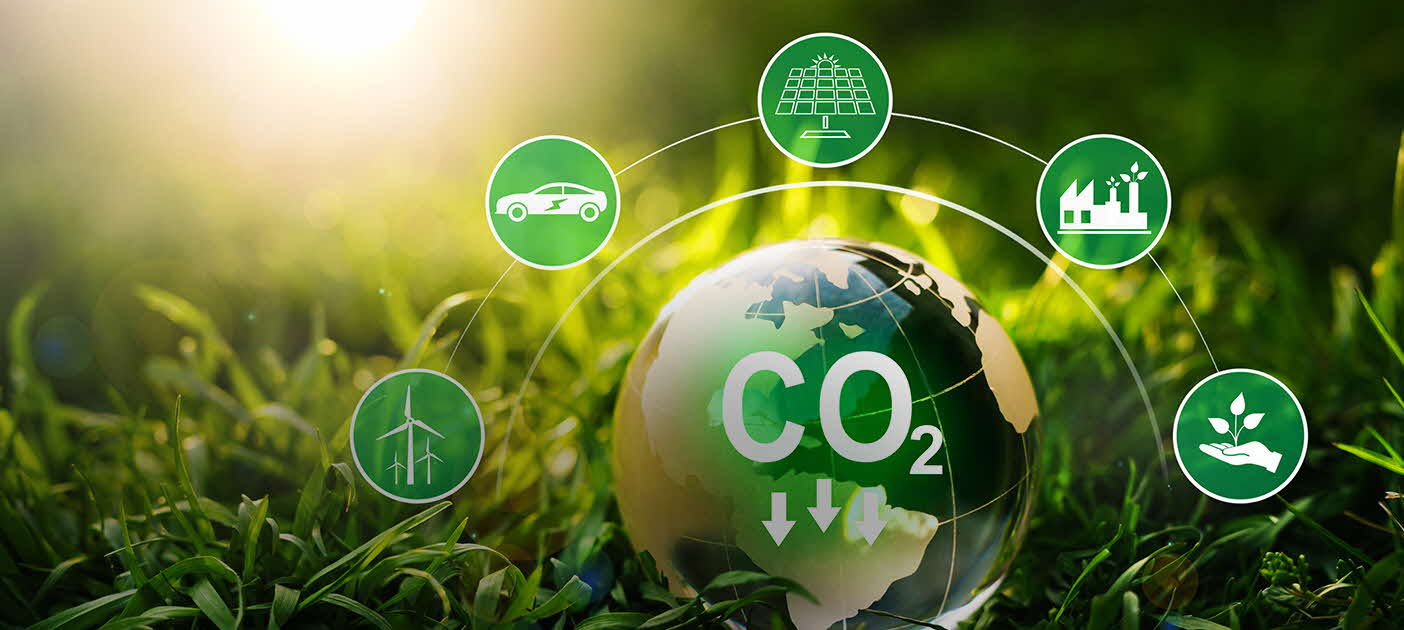Acre, a city in Brazil, is making significant strides in its efforts to transition to a low carbon economy, inspired by the successful model implemented in California. This transformation is driven by a combination of government policies, private sector initiatives, and community engagement.
## The Rise of Low Carbon Economy in Acre
### Sustainable Development Goals
Acre has set ambitious targets to reduce its carbon footprint and promote sustainable development. Aligning with the United Nations’ Sustainable Development Goals, the city aims to enhance environmental protection, promote social equity, and drive economic growth through low carbon initiatives.
### Collaborative Partnerships
Collaboration between government agencies, businesses, and non-profit organizations has been instrumental in advancing Acre’s low carbon economy agenda. By fostering partnerships, Acre has been able to leverage resources, expertise, and technology to accelerate its transition towards a greener future.
## Embracing Renewable Energy Sources
### Solar Power Revolution
One of the key pillars of Acre’s low carbon economy strategy is the widespread adoption of solar power. By harnessing the abundant sunlight that the region receives, Acre has been able to reduce its reliance on fossil fuels and significantly decrease its carbon emissions.
### Wind Energy Initiatives
In addition to solar power, Acre has also invested in wind energy initiatives to further diversify its renewable energy sources. By tapping into the region’s strong winds, Acre has been able to generate clean electricity and reduce its environmental impact.
## Promoting Sustainable Transportation
### Electric Vehicles Adoption
Acre has been at the forefront of promoting the adoption of electric vehicles as a means to reduce emissions from the transportation sector. By investing in charging infrastructure and offering incentives for electric vehicle purchases, Acre has encouraged its residents to make the switch to cleaner transportation options.
### Public Transportation Expansion
Expanding public transportation services and improving accessibility has been another focus area for Acre in its journey towards a low carbon economy. By investing in efficient and sustainable public transportation systems, Acre aims to reduce congestion, lower emissions, and enhance mobility for its residents.
In conclusion, Acre’s commitment to becoming a low carbon economy like California is commendable. Through a combination of strategic planning, innovative initiatives, and collaborative partnerships, Acre is paving the way for a more sustainable and environmentally-friendly future. By prioritizing sustainable development goals, embracing renewable energy sources, and promoting sustainable transportation, Acre is setting a positive example for other cities to follow in the global effort to combat climate change.

